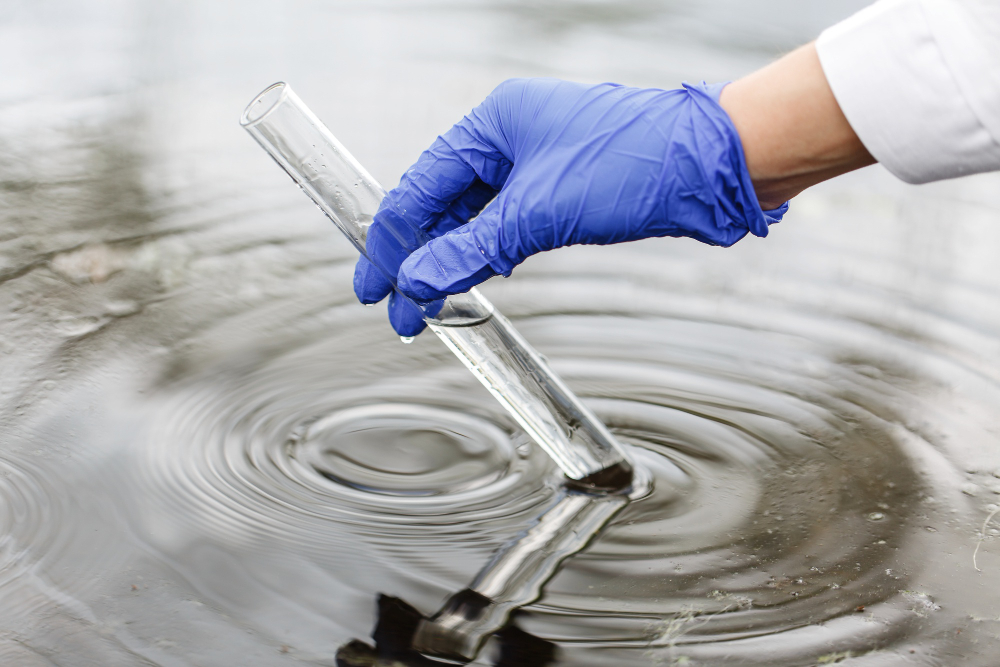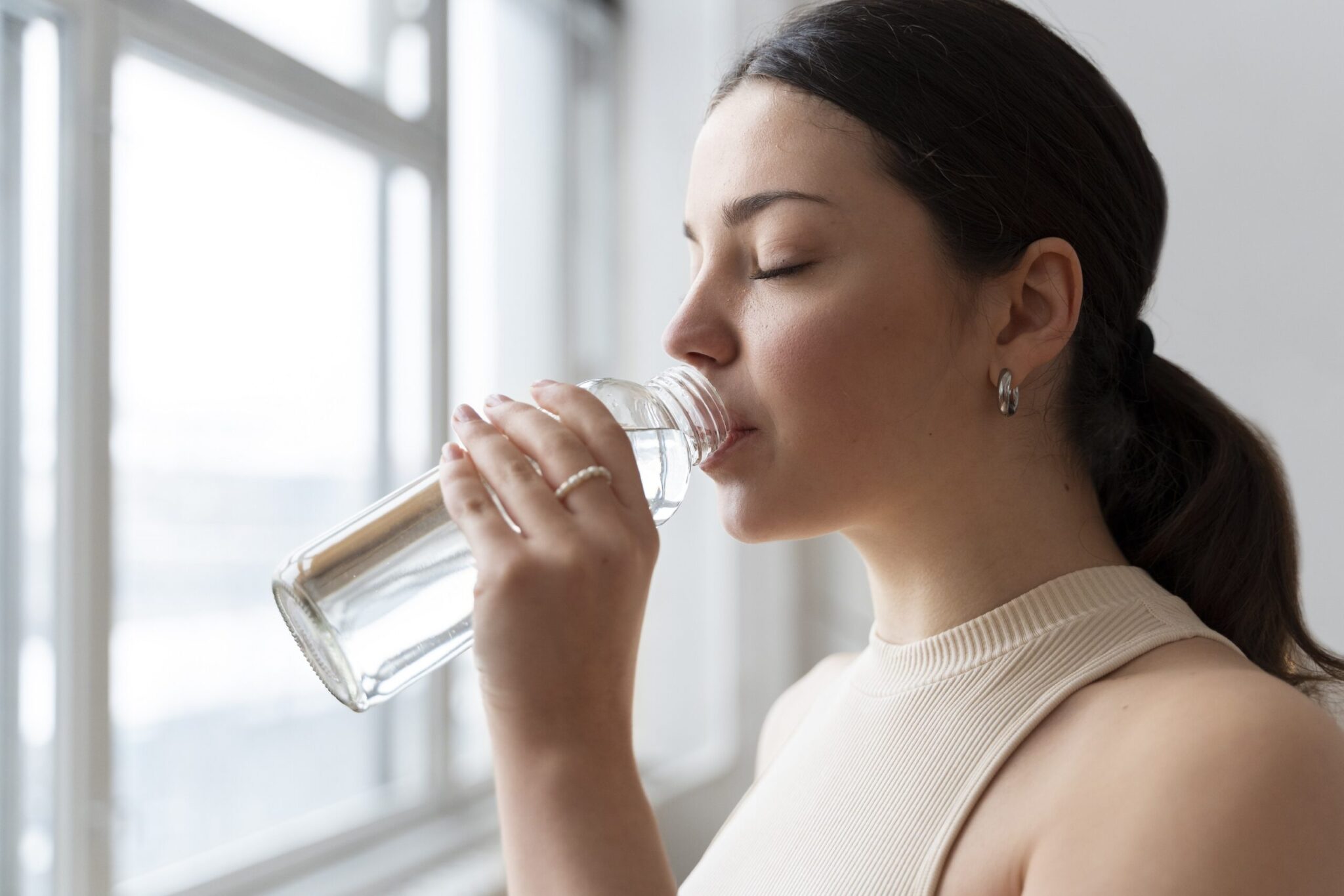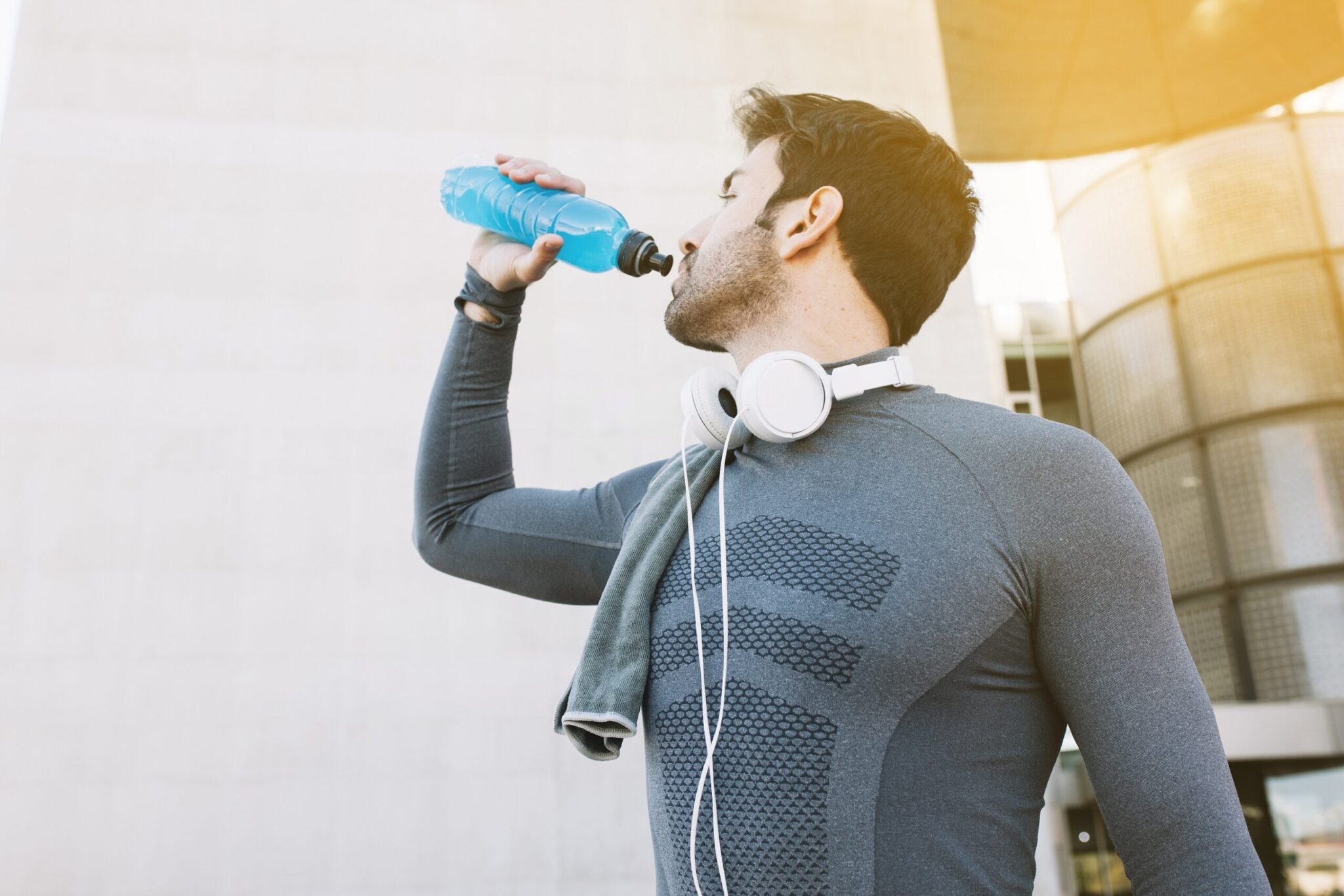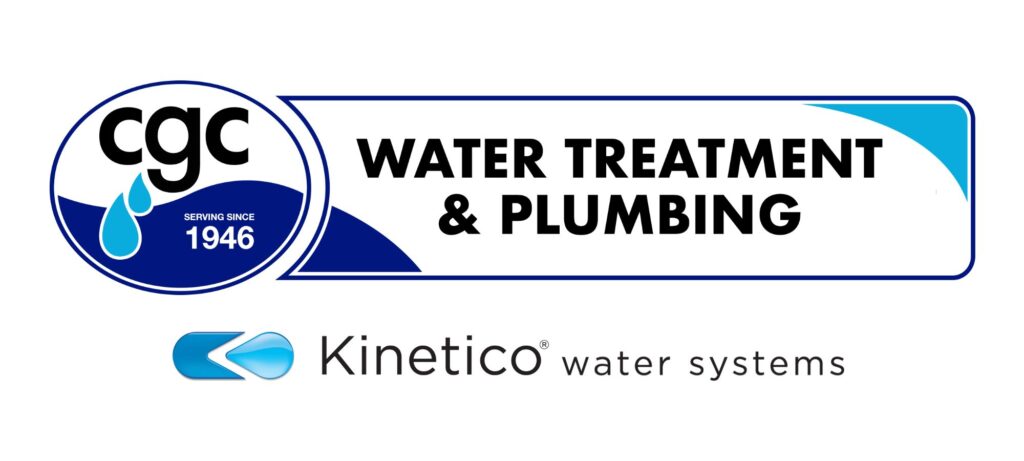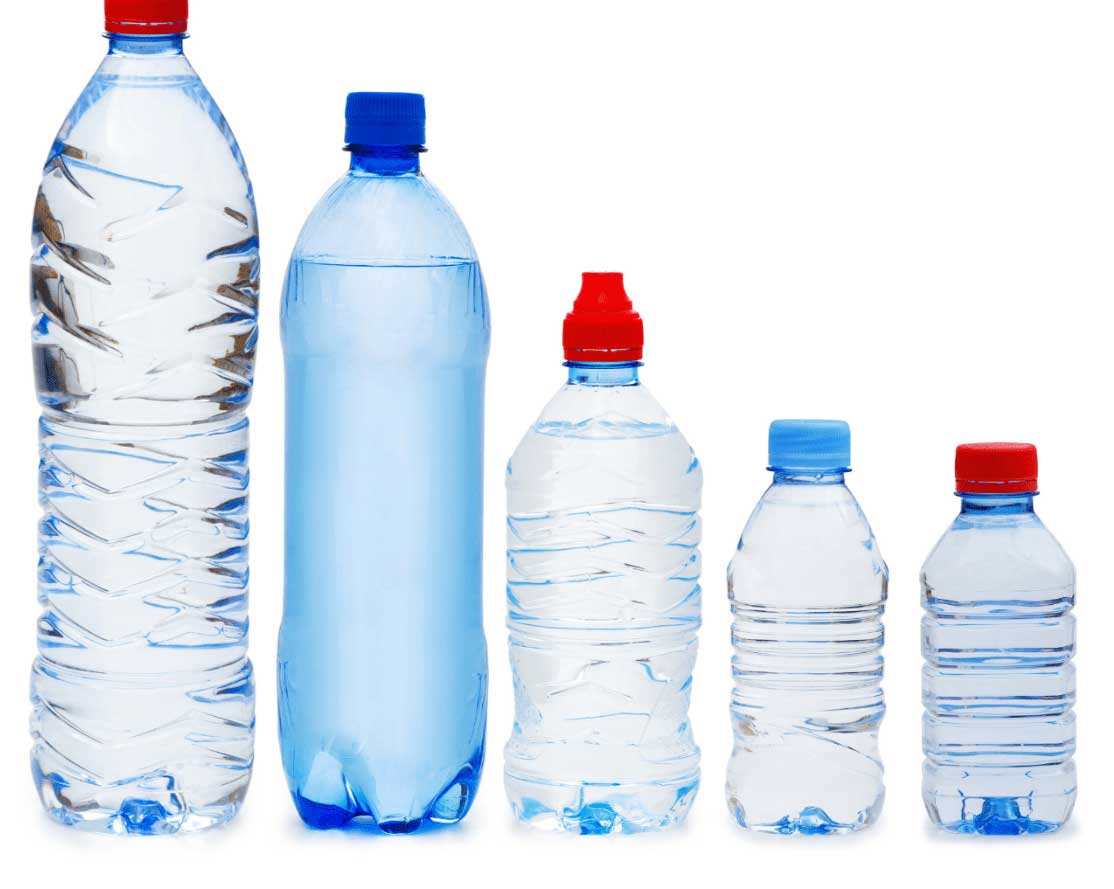
Americans purchase 30 billion plastic water bottles every year.
Even though we use water bottles daily, we rarely consider how they impact our bodies and the world around us. We often reuse these bottles without thinking twice about it.
But how safe is this habit?
This article will look at 4 revealing facts about cheap water bottles. Let’s dive in to find out whether it’s a good idea to use them.
Plastic Water Bottles May Disrupt Hormones
Some cheap water bottles contain a chemical called Bisphenol A (BPA). BPA is an endocrine disruptor that mimics human sex hormones.
For women, BPA can cause diseases such as breast cancer and disorders like polycystic ovary syndrome (PCOS). Other infertility issues may also arise.
Men exposed to too much BPA can develop lower testosterone levels and low sperm counts. The chemical may also increase the risk of prostate cancer.
Look at the plastic number on the bottom of a water bottle before buying it. Avoid any bottle with #7 within the recycling symbol, as it contains BPA. The safest choices are #2 (HDPE), #4 (LDPE), and #5 (PP), but #1 (PETE) is also fine for one-time use.
Unwashed Water Bottles Are Full of Bacteria
Not only should you avoid leaving cheap water bottles in the sun, but you shouldn’t reuse them either. An unwashed water bottle harbors 6 times as much bacteria as your dog’s food bowl.
For the cleanest way to drink water on the go, try a stainless steel water bottle. After every use, wash it with hot water and dish soap. Also, stay away from slide-top bottles, as they carry the most bacteria per square centimeter.
Cheap Water Bottles Are a Major Source of Pollution
Believe it or not, there are over 5 trillion tons of plastic waste floating in our oceans. Every year, 8 million more tons get piled on.
Much of this pollution comes from cheap plastic bottles. When exposed to the elements, the plastic breaks down into much smaller fragments. But creatures such as whales and sea turtles ingest it and suffer serious health consequences, even death in some cases.
There’s some potentially good news, however. Scientists recently discovered a bacteria called Ideonella sakaiensis that degrades plastic. But the jury is still out on whether the bacteria will be effective in combating the pollution issue.
Bottled Water Is Not Much Better Than Tap Water
To the surprise of many, a recent study found that bottled water isn’t safer than tap water.
The EPA regulates tap water and the FDA regulates bottled water. But in some ways, the EPA has stricter regulations. While the EPA must send a water quality report every year, the FDA doesn’t require companies to disclose contaminant reports.
You’re much better off using a reverse osmosis filtration system. It removes chemicals and bacteria, giving you access to clean, great tasting water.
Final Thoughts
As harmless as they seem, cheap water bottles can harm our bodies and the environment.
If your water bottle shows signs of damage, stop using it. Cracks can provide safe havens for bacteria to thrive.
Never reuse water bottles made from unsafe plastics, as chemicals can leach into your beverages. Instead, opt for stainless steel or glass containers.
Are you concerned about the safety of your water? If so, check out our whole house water filtration system!

